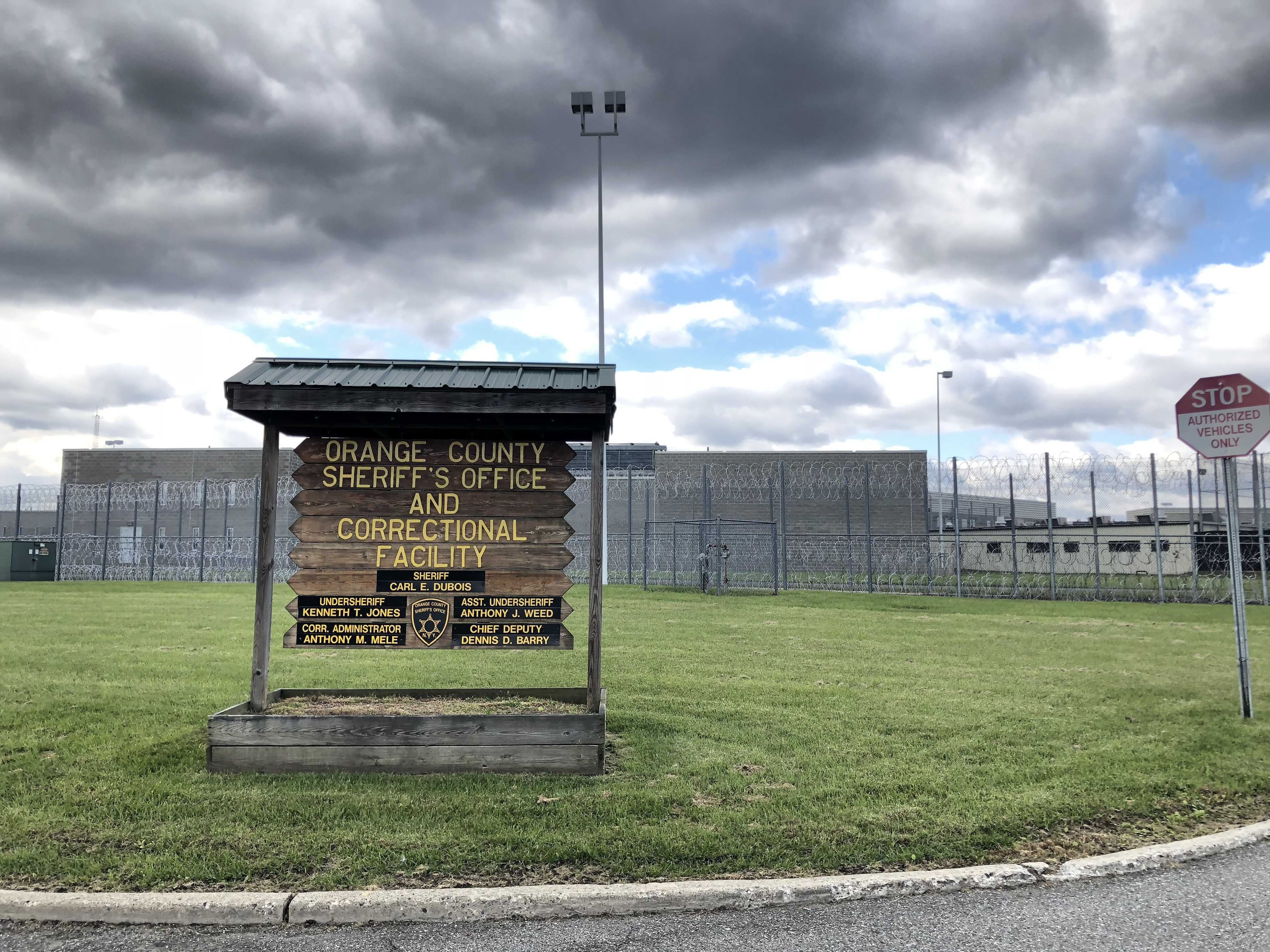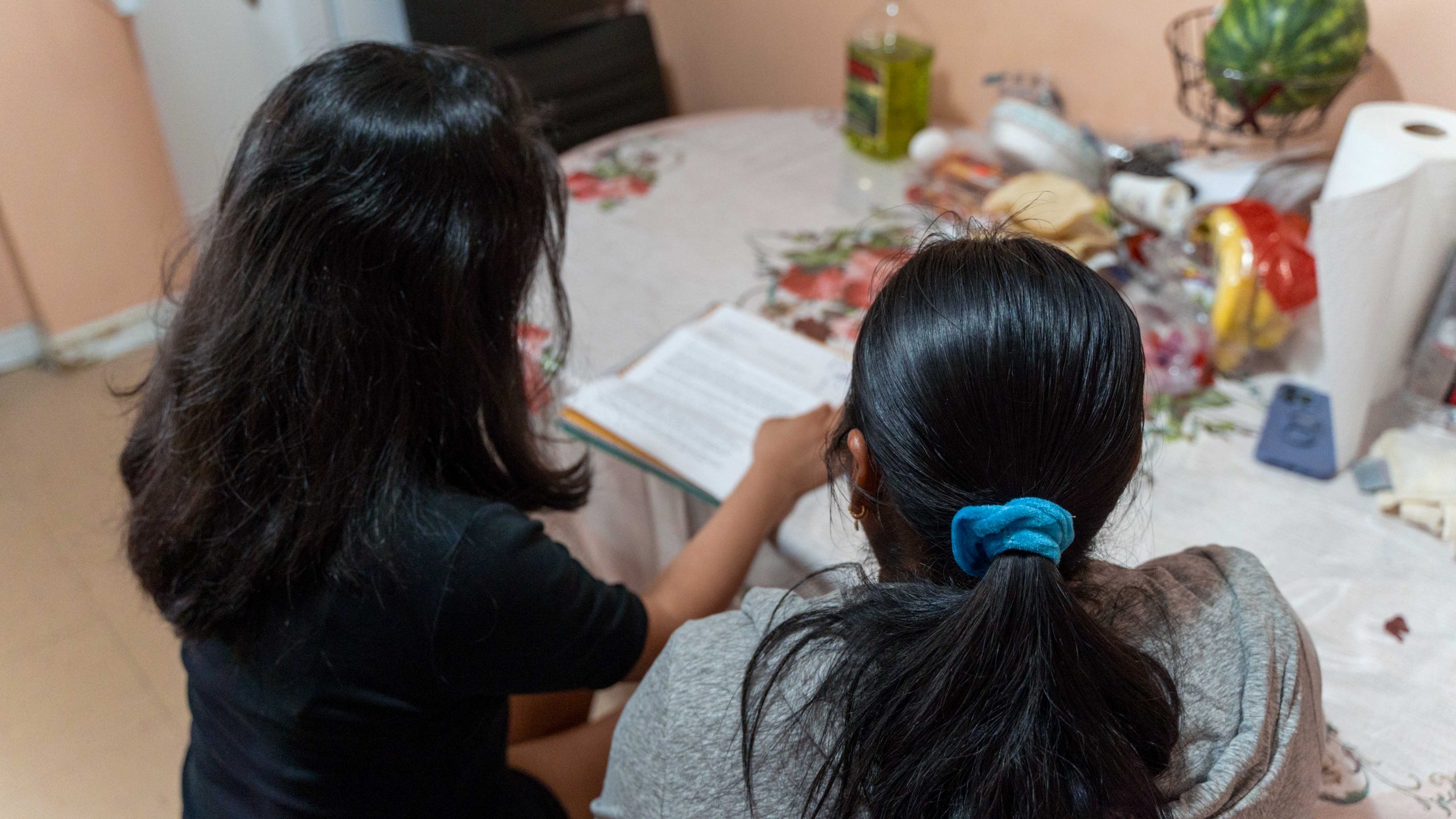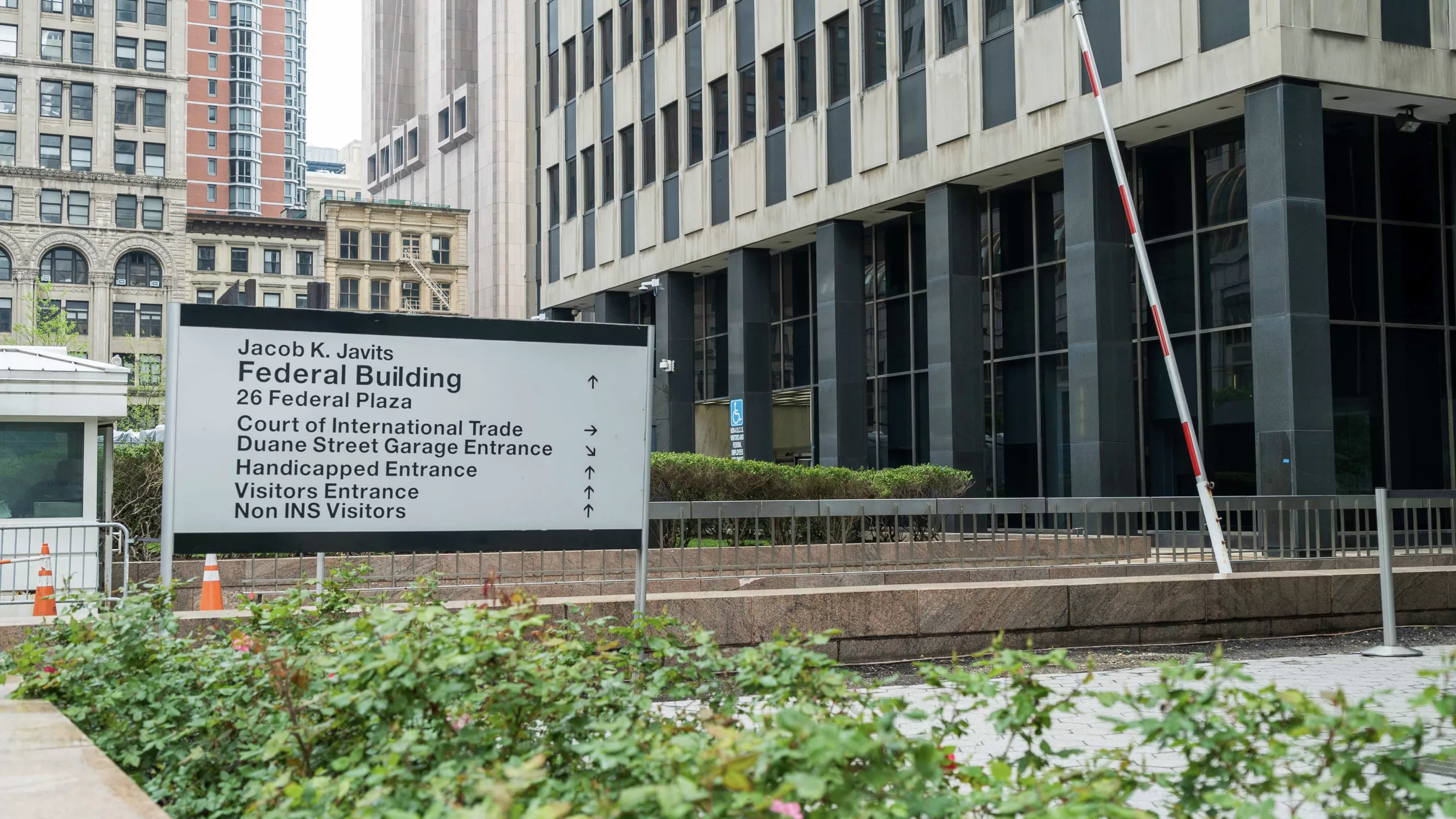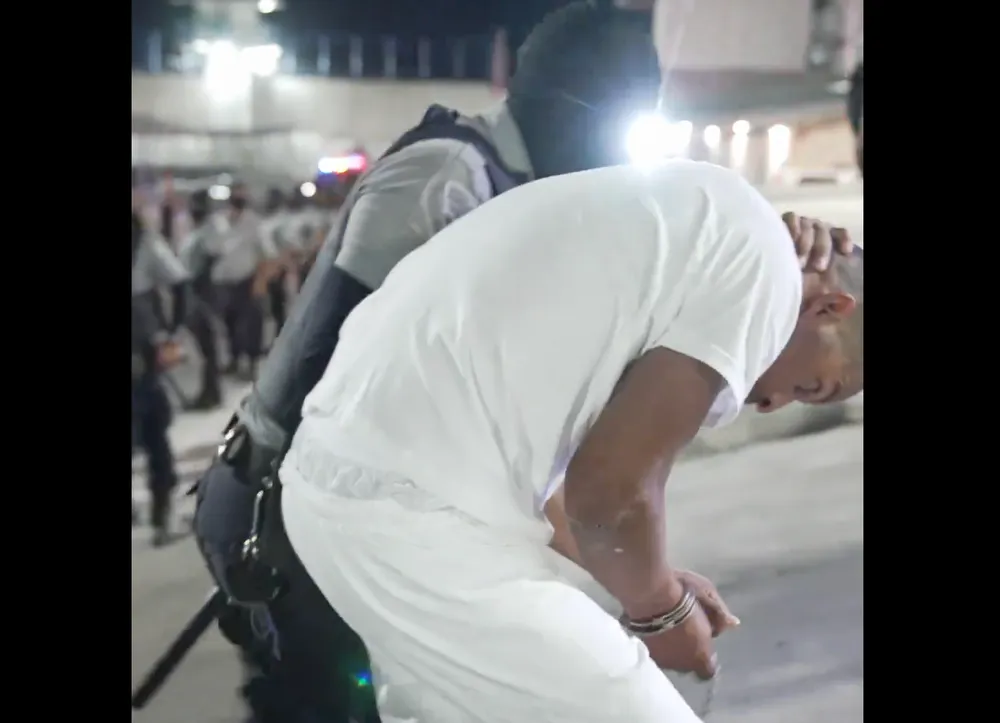State Sen. Jessica Ramos from Queens and Assemblymember Karines Reyes from the Bronx conducted a surprise visit Thursday morning at Orange County Correctional Facility to check on U.S. Immigration and Customs Enforcement detainees as part of the push for COVID-19 vaccines and for The New York for All Act.
Ramos and Reyes have partnered with the Justice Roadmap NY, a group of criminal and immigrant justice advocates who want to see an end to solitary confinement. It was their job to drop in on those facilities unannounced. “The idea is that we show up whether or not they expect us to be there. That way we know what’s going on an everyday basis,” said Reyes.
Throughout the month, New York lawmakers have been visiting state jails, prisons and detention centers run by ICE in order to monitor conditions and voice their concerns about the spread of COVID-19 in those facilities. Over the last few months, advocates and other lawmakers have been calling for a release of detainees who are at high risk of COVID-19.
The New York for All Act offers protection to immigrants to prohibit law enforcement and state agencies from enforcing federal immigration laws, transmitting people into ICE custody and providing ICE with sensitive information. The Act also prevents ICE from entering non-public areas of state and local property without a judicial warrant, guarantees that people in custody will be given their rights before being interviewed by ICE and begins the process of restricting ICE access to state information databases.
During their visit to the Orange County Correctional Facility, Ramos and Reyes said they were escorted around by friendly staff members and saw every aspect of the facility, which they referred to as clean and bright. According to Ramos, Orange County can hold about 800 detainees, but it currently has over 300 and every detainee has their own cell.
“We want to make sure that the jails are complying with all of the proper precautions in order to avoid the propagation of the coronavirus,” said Ramos.
Also Read: They Are Eligible to Stay in the US. Why Can’t They Get Their Green Cards?
Despite the facility remaining clean for its detainees, staff members informed Ramos and Reyes that detainees only get tested if they are new to the facility or if they are sick. The staff do not get tested regularly for COVID-19 and only a portion of the staff members, including medical staff, have received the vaccine so far.
“To me, that’s problematic because we’ve seen how often people who are asymptomatic could patiently spread it,” said Reyes, who is also a registered nurse.
The elected officials were told there was only one positive COVID-19 test at the facility currently and three positive cases throughout the time of the pandemic. Ramos was shocked by the low figures. She thought the small transmission rate could be due to the separation of detainees and the underpopulation within the facility. However Reyes believed that the number was unrealistic especially with detainees coming and going and improper testing.

Also Read: At the Hunts Point Produce Market, Essential Workers Have Won a Major Labor Battle
“We want to call for more regular testing and want to make the vaccines available to those who are incarcerated,” said Ramos. Reyes also mentioned that they are pushing for COVID-19 vaccines and health regulations for not only the detainees, but for the staff and their families as well.
“As we are advocating for vaccines for the New York prison population, we want to make sure we’re speaking accurately about the conditions of these jails,” said Ramos about why she and her colleagues need to see for themselves what was occurring behind closed doors.
Ramos said that they were concerned about the lack of medical aid and pain medication because of what detainees told them. One detainee, who eventually pulled out his own tooth, told Ramos and Reyes that he had to wait a few weeks before getting properly treated for a dental issue. When asked by Ramos and Reyes about how they manage someone’s pain in Orange County, medical staff said they provide medication as needed, not on a schedule. Reyes believes that if detainees have any kind of illness, other than chronic illnesses like diabetes, they are not treated properly.
Their conversations with the detainees underscored how intertwined the local criminal legal system is with immigration enforcement.
One detainee who had been at Orange County for over a year, said that he was first arrested for the DUI and was eventually released. However that same day, an ICE officer showed up to his house, claiming to be a local officer and claimed he had a warrant. Since this detainee has been in that facility, he has not had a court hearing, has not been in front of a judge and does not have a deportation order.
“These are the kinds of issues The New York for All Act looks to address so we can rein in on the power of ICE so they can no longer knock on people’s doors without a judicial warrant,” said Reyes.
Another detainee, who was the only female ICE detainee and has been in the facility for three years, was arrested for passport fraud because she did change her name but did not get the chance to fix it. She also has a 12-year-old son who is in the care of the city.
“Some of the biggest human rights violations of things that really touched you were these stories of ICE detainees because these are people that could be free,” said Reyes.
Also Read: How the FBI Coerced This Muslim Immigrant Into Working as an Informant















